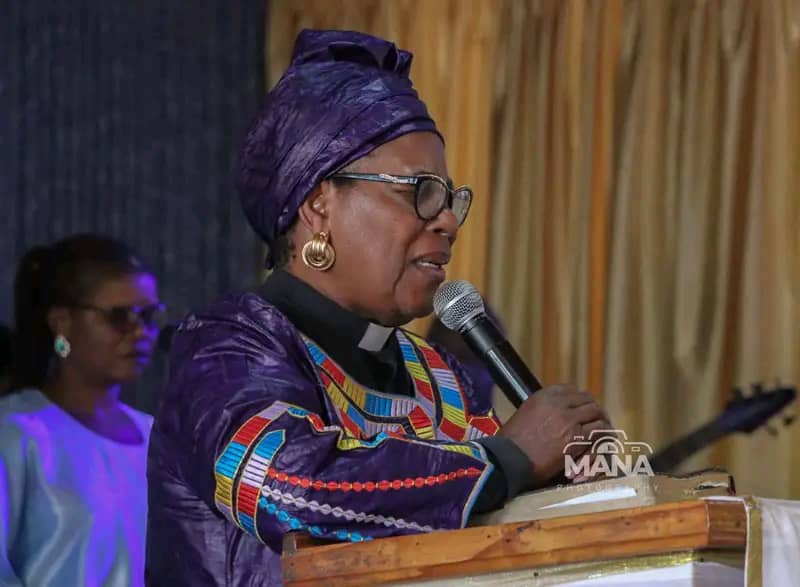By Burnett Munthali
The Salima Agriculture Development Division (ADD) has raised alarm over the devastating impact of the recent dry spell that hit Nkhotakota and Salima districts, severely affecting farm harvests and threatening food security in the region.
According to Benson Sumani, the Programmes Manager for Salima ADD, the prolonged period of low rainfall in the districts has drastically reduced crop yields for the 2024/2025 farming season.
Speaking to Nation Online, Sumani revealed that an assessment conducted by his office confirmed that areas such as Nkhotakota South and vast parts of Salima experienced extremely low rainfall levels, leading to disappointing agricultural output.
He stressed that this situation poses a serious threat to both household food availability and livelihoods in the affected areas.
Sumani disclosed that, based on their assessment, a total of 27,113 hectares of farmland have been affected by the dry spell across the ADD’s jurisdiction.
He further revealed that approximately 62,379 farming households have been directly impacted by the prolonged dry conditions.
These households now face the looming danger of food shortages and economic strain due to the loss of their primary source of income and sustenance.
In response to the crisis, Sumani has encouraged farmers in the region to consider shifting their focus to drought-tolerant crops.
He advised that crops such as sweet potatoes and cassava are more resilient to dry weather conditions and can serve as an effective cushion against hunger in seasons of erratic rainfall.
Sumani emphasized that adopting such crops will not only help farmers maintain some level of harvest during dry spells, but also improve food security at household and community levels.
He further urged local agricultural extension workers to increase their engagement with farmers to promote sustainable and climate-smart farming practices.
The call for crop diversification comes at a time when Malawi is increasingly grappling with the effects of climate change, including irregular rainfall patterns and rising temperatures.
Sumani pointed out that with changing climatic conditions, farmers must adapt by embracing farming techniques and crop varieties that can withstand harsh environmental conditions.
He acknowledged that the transition may not be easy for many farmers who have traditionally relied on maize as their staple crop, but insisted that resilience in agriculture requires strategic change.
Meanwhile, the Salima ADD continues to work with local and national stakeholders to find long-term solutions to support farmers in the affected regions.
Sumani concluded by calling on the government and development partners to strengthen support systems for farmers, including access to drought-resistant seed varieties, training, and irrigation infrastructure.
As the effects of the dry spell continue to be felt, the urgency to build climate resilience among Malawi’s farming communities has never been more pressing.
The experiences in Nkhotakota and Salima are a sobering reminder of the vulnerabilities that smallholder farmers face in the wake of increasingly unpredictable weather patterns.
With proactive adaptation measures and coordinated support, the agricultural sector can still recover and contribute meaningfully to national food security and economic stability.




